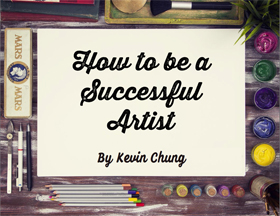Bob Baker has always been determined to make a living from his creative career. He started off his career by creating a music publication from scratch, with no prior experience. He didn’t let his lack of experience prevent him from achieving his goals. He just experimented with different ideas until he made it work. Since […]















Follow Me!